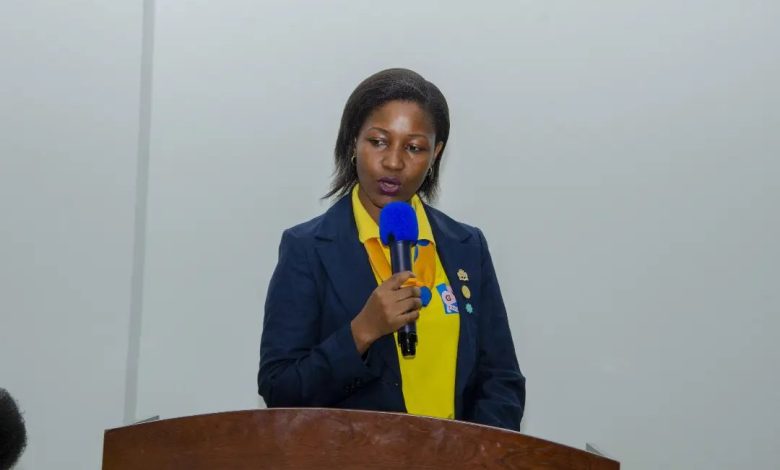TGGA urges greater support for girls in STEM

DAR ES SALAAM: THE Tanzania Girl Guides Association (TGGA) has called on society to actively support girls in pursuing science subjects, aiming to nurture the next generation of female scientists, engineers and innovators in the country.
Despite some progress, statistics indicate that female participation in Science, Technology, Engineering and Mathematics (STEM) fields remains low in Tanzania.
According to 2023 data from UNESCO, while women constitute 40 per cent of university enrolment in Tanzania, only about 24 per cent are enrolled in STEM-related courses.
Speaking at the STEM Festival Day held in Dar es Salaam over the weekend, TGGA National Secretary, Wintapa Luila, said that girls’ participation in science subjects continues to lag behind that of boys, even though some improvement has been observed.
“Empowering girls in STEM is not just a gender issue it is a national development priority,” she emphasised.
Ms Luila stressed the need to dismantle stereotypes that discourage girls from entering scientific fields.
She urged parents, teachers and communities to create nurturing environments that foster curiosity, confidence and ambition in girls.
“Girls are equally capable. What they need is belief, support and access,” she said.
“We are urging everyone in the community to become champions of change. Let’s invest in our daughters’ dreams.”
ALSO READ: UK to support Tanzanian women, girls
Highlighting the purpose of the STEM Festival, Ms Luila said the event aims to showcase and celebrate the potential of girls in science subjects.
“The goal of this festival is to remind girls that they are no different from boys apart from biological differences and that in the classroom, they are equally capable of excelling in STEM,” she noted.
She also acknowledged the government’s efforts to encourage girls to take up science subjects, while calling for increased investment in qualified science teachers and practical learning resources.
“The number of girls pursuing STEM continues to grow thanks to the combined efforts of stakeholders and the government. Initiatives such as offering scholarships are helping to motivate girls to follow science based career paths,” she added.
Eunice Phiri, a Youth Exchange South to South (YESS) Girls’ Movement volunteer from Zambia, echoed the call for change, urging communities to eliminate the stigma that STEM is a male domain.
“Communities need to break the stigma that limits girls from engaging in STEM fields,” she said.
Her sentiments were shared by Namrata Dewan, a YESS participant from Nepal, who highlighted the importance of challenging societal norms that often push girls into caregiving roles rather than scientific pursuits.





